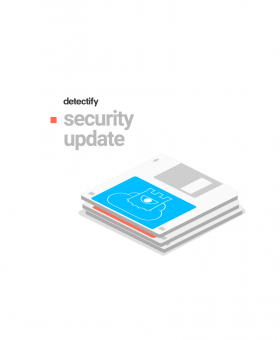9 biggest web security news of 2018
The year started off with a bang as the research of Meltdown and Spectre rendered almost all computing devices to be vulnerable. As the year moved on Facebook, Magecart and 2FA alternatives also were also part of security discussions. Here are our top 9 picks for biggest web security news of 2018.







